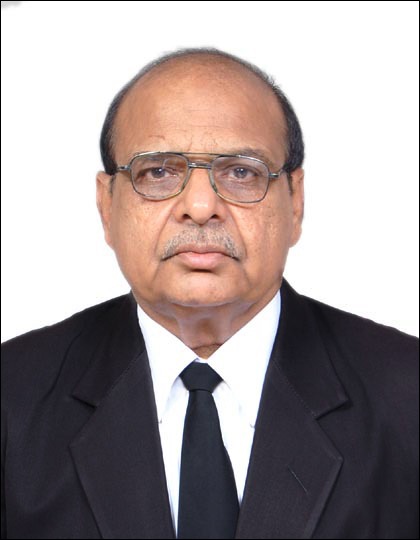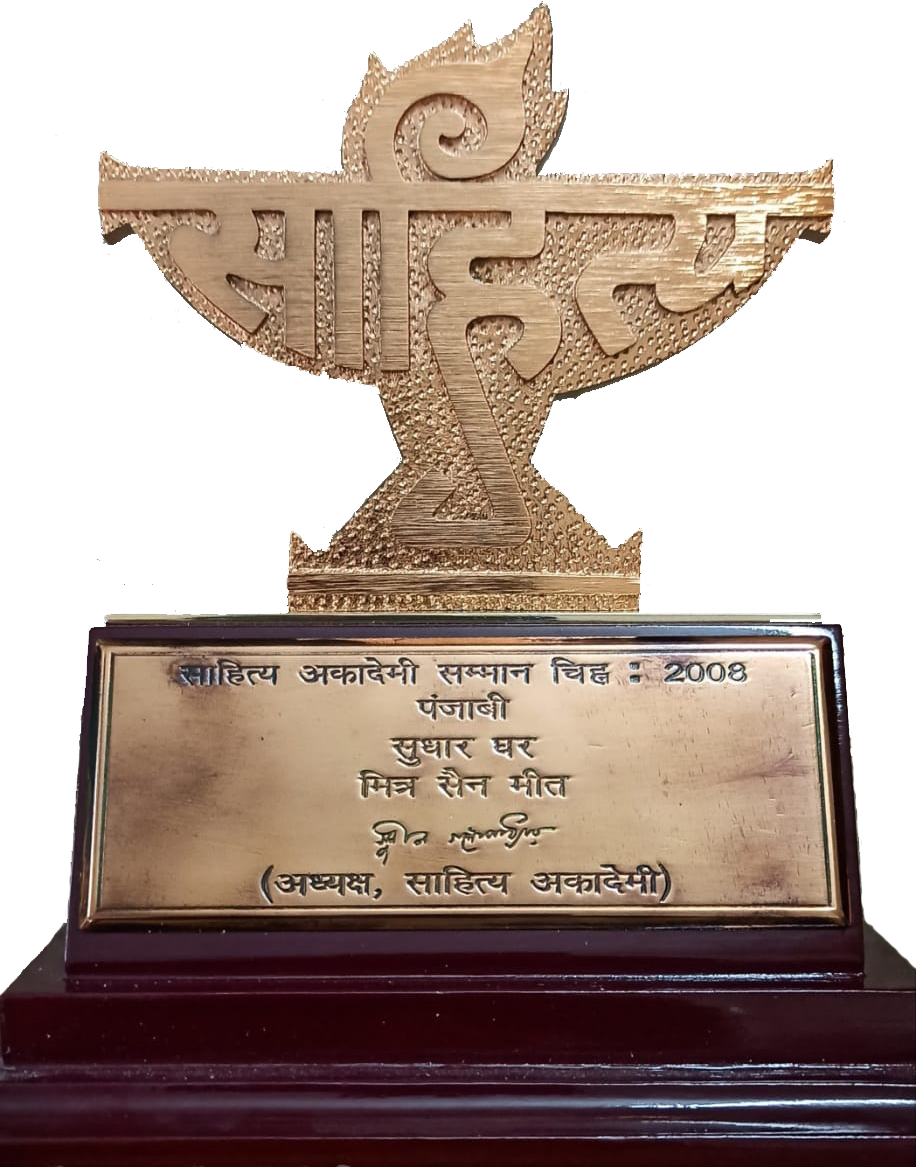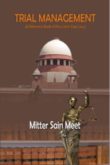Recording of Confessions and Statements
Relevant Provisions of Law
(Section 164 of Cr.P.C. : Recording of confessions and statements)
Basic Principles of Law
- Magistrate has no power to record the statement of witness, which is not sponsored by the police.
- Confessional statement of accused cannot be recorded by Executive Magistrate.
- Statement of injured witness recorded as dying declaration, if such witness survives, then his statement is to be treated as recorded U/s 164.
- Magistrate has no power to record the statement of witness, which is not sponsored by the police.
First Full Bench case of the Hon’blr Supreme Court on the subject
In case Jogindra Nahak vs. State of Orissa, 1999 Crl.LJ 3976
Brief Facts of the case
On 12-8-1997, one Balaram Mohanty and his son sustained injuries and later the said Mohanty succumbed to the injuries. F.I.R. was registered on the information supplied by Bhagaban Mohanty, brother of the deceased. One Jagadish Murty and three others were arrayed as accused in the F.I.R. After completion of the investigation the chargesheet was filed in the Court. Four persons (appellants) were interrogated by the Investigating Officer under Section 161 of the Code but their statements were not kept in the Case Diary. Witnesses filed a writ petition in the High Court for directing the investigating officer to record their statements under Section 161 of the Code and for a further direction to the Magistrate concerned to record their statements under Section 164 of the Code. The High Court permitted the appellants, as per its order dated 22-12-1997, to file a petition before the magistrate for the purpose of recording their statements and the magistrate was directed to pass appropriate orders on such petition. Pursuant to the said order appellants went to the magistrate’s Court and filed a petition. However, the magistrate declined to record the statements. Appellants again moved the High Court and the following direction was issued by a Division Bench on 24-3-1998:
“We direct the trial court to comply with our order dated 22-12-1997 by recording the statement under Section 164, Cr.P.C.”
The Magistrate, pursuant to the aforesaid direction, recorded the statements of the appellants. Thereafter, Bhagaban Mohanty (the informant) filed an application before the High Court to recall the order dated 24-3-1998.
The Division Bench, which passed the said order, heard both sides and dismissed the writ petition filed by the appellants/witnesses.
Feeling aggrieved, the appellants/witnesses filed an appeal in the Hon’ble Supreme Court.
Proceedings before the Hon’ble Supreme Court
Previous History of the Matter
The Orissa High Court, the Kerala High Court and the Madras High Court were of the view that a Magistrate has vide discretion in recording statements U/s 164 of the Code and that it could as well be done at the instance of the witness himself.
In case (AIR 1948 Madras 489: ((1949) 50 Cri LJ 28) Govinda Menon, J. of the Madras High Court (as he then was) expressed this view as under:-
“It is not necessary that the Magistrate should be moved by the police in order that he might record a statement. There may be instances where the police may not desire to have recorded, the statement of a witness for some reason or other. In such a case, there is nothing preventing the witness to go to the Magistrate and request him to record the statement and if a Magistrate records his statement and transmits the same to the Court where the enquiry or the trial is to go on, there is nothing wrong in his action.”Nevertheless learned single Judge also sounded a note of caution like this:
“But such a thing will be very exceptional, as there is always a discretion in the Magistrate to refuse to record the statement. Ordinarily, when a police officer requests the Magistrate to record the statement of a witness on oath under Section 161, Cr.P.C., such a request will not be refused by the Magistrate. But when a private party seeks to invoke the powers of a Magistrate under Section 164, Cr.P.C. the Magistrate has got a very wide discretion in acting or refusing to act.”
The same was the approach of Judges in case State of Orissa v. A. P. Das (1979 (47) Cut LT 298) and in case Kunjukutty v. State of Kerala (1988 Cri LJ 504) (Kerala).
Other High Courts were of the view that Magistrate has no such power. Keeping in view the importance of the matter, a Three Judges Bench was constituted.
Question of Law
Whether Magistrate has power to record the statement of a witness which is not sponsored by the Investigating Agency?
Findings of the Hon’ble Supreme Court
While deciding this case the Hon’ble Supreme Court laid down the following principles of law:-
- Magistrate has no power to record the statement of such witness.
While laying down this principle, the Hon’ble Supreme Court observed as under:-
Para “24. Thus, on a consideration of various aspects, we are disinclined to interpret Section 164(1) of the Code as empowering a Magistrate to record the statement of a person unsponsored by the investigating agency.
- Consequences of such empowerment
- a) It would burden the Magistrate with the additional task of recording the statements of all and sundry witnesses.
The Hon’ble Supreme Court held that there is a provision to summon such witness in defence. There is no any special reason why the Magistrarte should be burdened with the additional task of recording the statements of such witnesses.
While laying down this principle, the Hon’ble Supreme Court observed as under:-
Para “22. If a Magistrate has power to record statement of any person under Section 164 of the Code, even without the Investigating Officer moving for it, then there is nogood reason to limit the power to exceptional cases. We are unable to draw up a dividing line between witnesses whose statements are liable to be recorded by the Magistrate on being approached for that purpose and those not to be recorded. The contention that there may be instances when the Investigating Officer would be disinclined to record statements of willing witnesses and therefore such witnesses must have a remedy to have their version regarding a case put on record, is no answer to the question whether any intending witness can straightway approach a Magistrate for recording his statement under Section 164 of the Code. Even for such witnesses provisions are available in law, e.g., the accused can cite them as defence witnesses during trial or the Court can be requested to summon them under Section 311 of the Code. When such remedies are available to witnesses (who may be sidelined by the Investigating Officers) we do not find any special reason why the Magistrate should be burdened with the additional task of recording the statements of all and sundry who may knock at the door of the Court with a request to record their statements under Section 164 of the Code.”
- b) Such provision will encourage culprits to create record in advance While elaborating this principle of law the Hon’ble Supreme Court observed as under:-
Para “23. On the other hand, if door is opened to such persons to get in and if the Magistrates are put under the obligation to record their statements, then too many persons sponsored by culprits might throng before the portals of the Magistrate Courts for the purpose of creating record in advance for the purpose of helping the culprits. In the present case, one of the arguments advanced by accused for grant of bail to them was based on the statements of the four appellants recorded by the Magistrate under Section 164 of the Code. It is not part of the investigation to open up such a vista nor can such step be deemed necessary for the administration of justice.”
- Confessional statement of accused cannot be recorded by Executive Magistrate.
In case State of Haryana v/s Parmanand s/o Ratti Ram, 1995 Cri.L.J. 396
(Division Bench case of Punjab & Haryana High Court)
Brief Facts of the case
Accused Parmanand was posted as Secretary of Lehdola Co-operative Credit and Service Society from April 1976 to October 1980. During this period, he recovered Rs. 17,864-64P on behalf of the society from its different members. He did not deposit this amount in the account of the society but embezzled the same. To conceal the embezzlement, he created false record. The case was registered on the report of the vigilance department.
During investigation, the accused made a confessional statement before the Executive Magistrate. After completion of investigation, a charge-sheet was filed in the Court.
Findings of the Trial Court
The Trial Court held that Executive Magistrate has no power to record confession of an accused and acquitted the accused. The State of Haryana filed an appeal in the Punjab & Haryana High Court.
Proceedings before the Division Bench of the Punjab & Haryana High Court
Question of Law
Whether Executive Magistrate has power to record the confession of an accused?
Findings of the Division Bench of the Punjab & Haryana High Court
While answering the question in negative, the Hon’ble High Court observed as under:-
Para “11. The provisions of S. 164 of the Code, reproduced above absolutely leave no scope of doubt that the recording of a confession of the accused person during investigation of the case, has been left exclusively to the Judicial Magistrate or
Metropolitan Magistrate and not to any Executive Magistrate. Thus, there is no force in the contention of Mr. Gaur that the confessional statement of the accused recorded by Executive Magistrate-cum-Tehsildar should be relied upon as it is not admissible in evidence. It cannot be said to be a mere irregularity, especially when it has certainly resulted in prejudice to the accused because the Legislature itself had kept the Judicial Magistrate on better footing than Executive Magistrate qua the recording of such statement.”
- Statement of injured witness recorded as dying declaration, if such witness survives, then his statement is to be treated as recorded U/s 164.
In case Sunil Kumar & others v/s State of M.P., 1997 Cri.L.J. 1183
Brief Facts of the case
Note:- Detailed facts of this case have already been given in the chapter: ‘First Information Report’.
Relevant Facts of the case
After receiving information, Inspector of Police came to the site of incident. He recorded the statement of complainant Ramesh. After sending the complaint to the police station for the registration of the case, the Inspector sent Ramesh to hospital for treatment. Dr.P.K. Budhisagar examined Ramesh and finding his condition as critical sent an information to the police for recording his dying declaration. The police requested the local Magistrate to record the dying declaration. Magistrate went to the hospital and recorded statement of Ramesh as dying declaration.
Later on, the witness Ramesh survived. After completion of investigation, chargesheet was filed in the Court.
Findings of the Trial Court and of the High Court
The Trial Court acquitted all the five accused, while in an appeal the High Court set aside the judgment of the Trial Court and convicted all the accused.
Accused feeling aggrieved, filed an appeal in the Hon’ble Supreme Court.
Proceedings before the Hon’ble Supreme Court
Question of Law
Whether the statement of a witness recorded as Dying Declaration, can be treated as a statement recorded U/s 164 Cr.P.C, in case such witness survives?
Findings of the Hon’ble Supreme Court
While answering this question in affirmative, the Hon’ble Supreme Court observed as under:-
Para “20. This conclusion of ours, however, does not in any way affect the merits of the prosecution case for we find that immediately after PW 1 was taken to the hospital his statement was recorded by a recorded as a dying declaration which, consequent upon his survival, is to be treated only as a statement recorded under Section 164, Cr.P. C. and can be used for corroboration or contradiction.”
Cases Referred:
- Jogindra Nahak v/s State of Orissa, 1999 Crl.LJ 3976.
- State of Haryana v/s Parmanand s/o Ratti Ram, 1995 Cri.L.J. 396
- Sunil Kumar & others v/s State of M.P., 1997 Cri.L.J. 1183







More Stories
Investigation
First Information Report
Statement of Witness